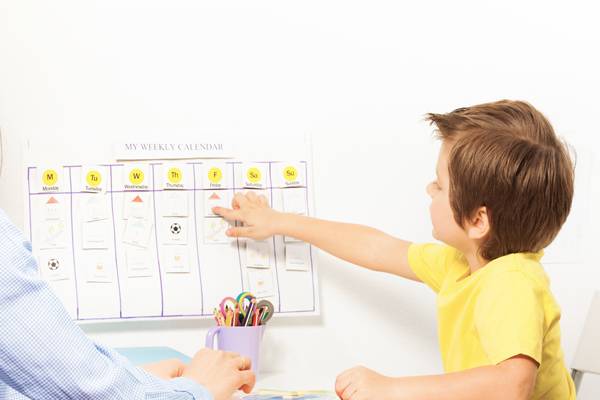Is multitasking good?
Overstimulation is, nowadays, the order of the day . We receive a multitude of stimulus every minute, our daily rythm is very fast and information, without us realising, over whelms us, leading to a pile-up of tasks.
KNOW YOURSELF
Share

This lifestyle, marked by productivity and success, considers multitasking an virtue. It’s common to be driving, looking at a browser and answering work phone calls. Or going to pick up the children from school to take them to their afterschool activities with your computer in tow so you can carry on working. At the end of the work day it’s easy to feel shattered and overwhelmed.
The human brain is not well-prepared to attend to a variety of tasks at the same time on a continious basis. This produces mental and physical exhaustion that causes us to make more mistakes, work slowly, and therefore, waste more time.
Mental overload causes concentration levels to fall and memory to fail, and hence also the quality of our performance. In order to complete a task as best you can, you must focus on it, dedicating time and attention, while also giving your brain breaks.
How does overstimulation affect children?
From very young ages the youngest among us have busy timetables, which are getting busier and more jam-packed with activities by the day. Parents try to keep their children’s timeables busy, filling them up as if they were careers in which they must dedicate all their time to being smarter and more competant than the rest.
The reality is that children who process too much information have a higher risk of being unmotivated and stressed, and of presenting attention problems and low capacity for curiosity and surprise. These children process information fast but tire quickly and can have more problems focusing sufficiently on tasks.
Overstimulation leads to the need for higher and higher levels of stimulation, to frecuently searching for new and more intense entertainment and sensations. This sensation, far from being a catalyst for efficiency, can end up causing withdrawel if no managed properly.
It’s paradoxical that this lifestyle, and the many items children have, are reducing children’s capacity for curiosity while claiming to support their creatvity, initiative and, capacity for critical thinking.

Guidelines for not overstimulating children
1. Respect the natural evolution of the child and their individual characteristics. Give them stimulation without trying to advance their devlopment.
2. Take care with sleep and feeding habits, they affect the development of the brain and learning significantly.
3. Care for the development of the child in a balanced and calm environment.
4. Encourage contact with the natural world. Nature can amaze, and provoke curiosity in children.
5. Allow them time free from stimulation, let them be bored so they develop their own interests and reachtheir own conclusions.
People that don’t go overboard with multi-tasking aremore effective.
Guidelines for controling an overload of tasks
1. Filter the information you receive, dealing with only that which interests you and is connected with personal goals.
2. Plan the activity. Designate concrete times to specific tasks, defining the start and end of every task.
3. Take into account that rest and disconnecting are neccesary. You can not complete a task to a high standard if you don’t give the brain enough time to rest and recharge.
4. Tackle problems once at a time. When you are overloaded with work, it’s important to take into account that if you try to tackle it all at once, nothing will receive enough attention and thus your performance and productivity will be lower.
5. Control stress levels. Manage your work-related worries, learn when to attend to them and when to distance yourself from them until the right moment. Pending tasks can take up a large amount of our daily attention, taking our attention away from what we are currently doing.






